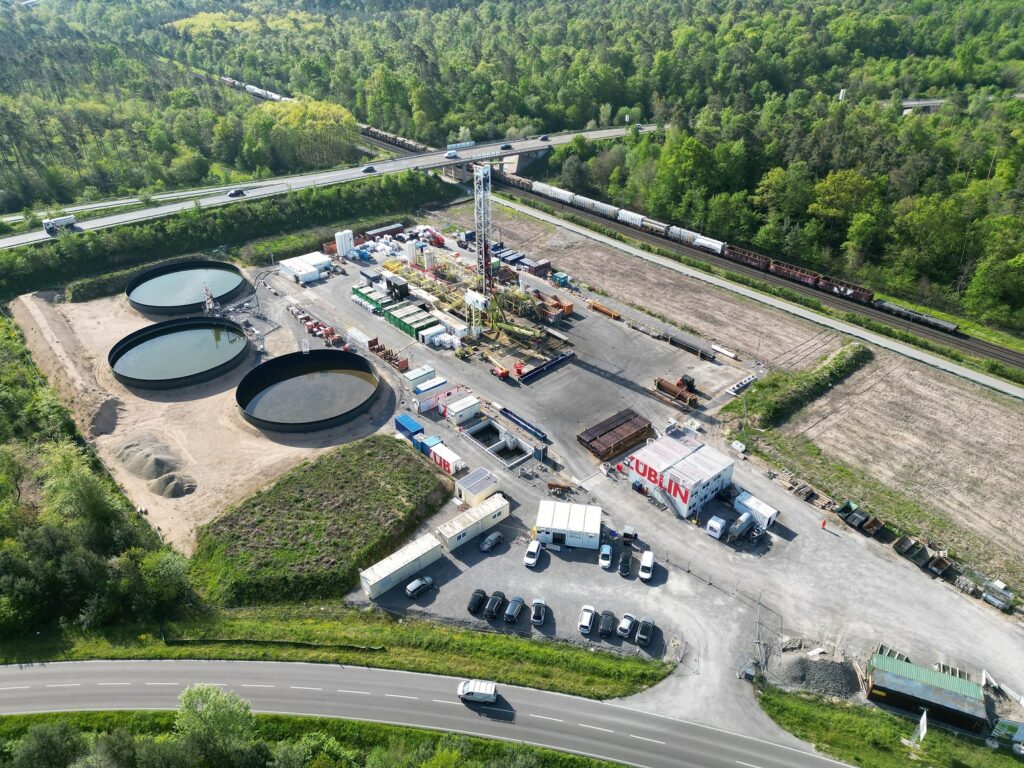Utility companies weigh in on the German Geothermal Acceleration Act
Utility companies in Germany have published statements on the proposed Geothermal Energy Acceleration Act, citing opportunities and areas for improvement.
With the proposed Geothermal Energy Acceleration Act (GeoWG) in Germany currently still undergoing deliberations, utility companies as well as the German Geothermal Association / Bundesverband Geothermie (BVG) have published their opinions on the immense value of the bill, as well as a couple of points for improvement.
Acceleration of approval for geothermal projects
The draft law, first submitted in September 2024, seeks to significantly accelerate the approval procedures for geothermal system, heat pumps, and heat storage systems. Among the provisions in the draft law are proposals to simplify and digitalize the approval procedures, set deadlines to limit the length of the process, reduce the number of authorities involved in the process, and give heat pumps and heat storage greater weight in approval decisions.
The bill was first discussed by the Bundestag in early October 2024, with Bernhard Hermann (B90/Grüne) describing geothermal as a “treasure from the depths,” and that at least a quarter of the heat requirement in Germany can be supplied by geothermal systems.
“With this law, we are sending the industry a decisive signal to recruit more skilled workers and to ensure that projects can be planned more easily. We are closing a gap in renewable energy sources and are thus moving a decisive step away from fossil fuels. This is good news for climate protection and good news for a crisis-proof, independent energy supply,” added Hermann.
“We are very pleased that geothermal energy is receiving strong support across party lines. There is consensus in the democratic parties that the expansion of geothermal energy use should be accelerated,” commented Gregor Dilger, Managing Director of the BVG.
The Federal Council (Bundesrat) also expressed support for the draft law. However, they recommended revisions to ensure that drinking water resources are not endangered by geothermal development. The Council also asked the Federal Government to examine whether it is possible to create relief in the emissions control law for seismic measurement campaigns.
Comments from utility companies
Ahead of another hearing by the Federal Government on the draft law, utility companies Stadtwerke München (SWM) and Deutsche ErdWärme have published statements expressing support for the proposal and pointing out areas for improvement.

Karin Thelen, Managing Director of Regional Energy Transition at SWM and President of the BVG, said that the GeoWG provides an important first step for the acceleration of geothermal growth. However, it still falls short in several key points.
Thelen particularly points out the redundancy of approval procedures for geothermal, where the subsurface is governed by the mining law above-ground facilities are subject to the building law. This complicates the administrative process and should be amended under the Federal Mining Act. Moreover, the water law requirements for large heat pumps should be abolished.
The statement by Deutsche ErdWärme points out that the time periods for project development under the federal funding program for efficient heating networks (BEW) are too short (1 year plus 1 year extension for Module 1; 2 years plus 1 year extension for Module 2). Furthermore, the company cites that there is currently a limited number of contractors and other skilled personnel for geothermal in Germany.
Both statements from SWM and Deutsche ErdWärme emphasize the importance of funding of geothermal power and heat projects through the BEW, and projects at acceptable prices cannot be implemented without this funding.
Source: Tagesspiegel, Bundestag, Bernhard Hermann, Bundesverband Geothermie (1 and 2), and Das Parlament